- Overview
- MASLD and MASH
- Tests & Diagnosis
- Treatment and Prevention
- Complications
- Appointment Prep
- View Full Guide
Get Comfortable: How to Manage Fatigue, Pain, Swelling, Itching, and Other MASH Symptoms



What Do Later-Stage Metabolic Dysfunction-Associated Steatohepatitis (MASH) Symptoms Look Like?
You may not have any stage 2 or stage 3 MASH symptoms, or they could be mild.
But with later-stage MASH, your liver can get inflamed, swollen, and scarred (fibrosis). And this liver damage may cause some symptoms that mimic many other conditions. With later-stage MASH, you may get:
- Fatigue
- Itching
- Nausea
Work with your doctor, but you can likely manage some of your symptoms at home using a few remedies and lifestyle changes.
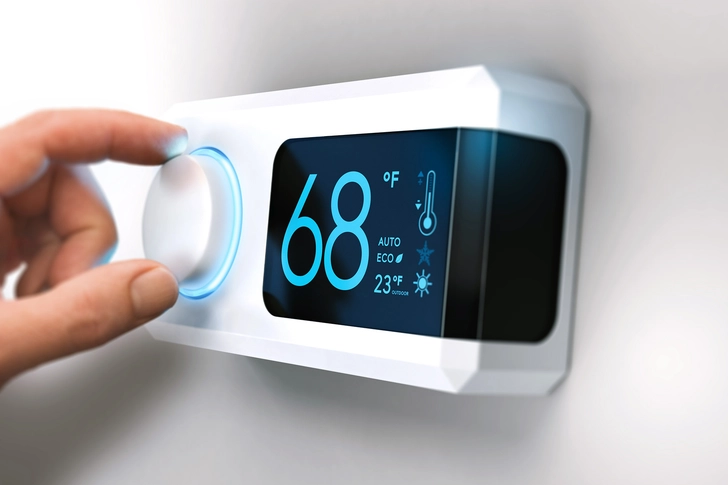
How Can I Manage My Fatigue?
Gets lots of sleep if you feel very tired all the time – it helps heal your liver and body.
For a good night's rest, you can:
- Keep your bedroom cool.
- Remove distractions.
- Exercise regularly.
- Ease stress with yoga or time in nature.
If you notice that you're tired at certain times during the day, try to eat a healthy snack or take a walk to boost energy. Talk to your doctor if you can't ease fatigue or if it comes on suddenly.
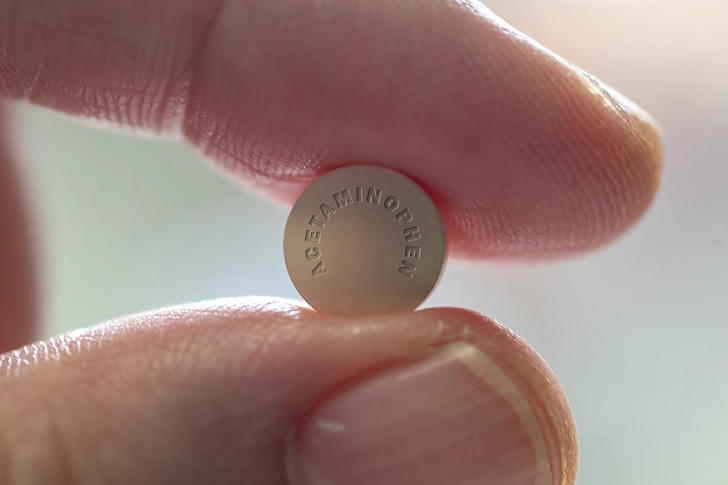
How Do I Ease MASH Pain?
MASH causes liver inflammation, and you can get pain in your upper right abdomen (belly). To ease pain, you can try a:
- Low dose of acetaminophen
- Heating pad, which helps raise blood flow and helps relax your muscles
Nonsteroidal anti-inflammatory drugs (NSAIDs) such as ibuprofen or naproxen may thin your blood and do more liver damage. So if your pain is new, serious, or comes out of the blue, see your doctor.
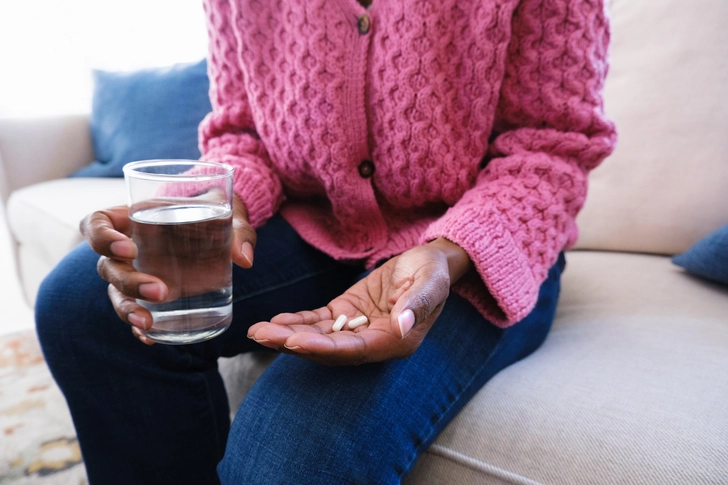
How Do I Get Relief From Swelling?
Stage 2-3 MASH can put pressure on your liver and cause fluid to leak into your belly, also called ascites. Your legs and feet might also swell. To get relief from swelling, you can:
- Take a doctor-prescribed diuretic to get rid of extra fluid.
- Limit salt in your diet.
- Take regular breaks from standing.
- Walk around to help with blood flow.
- Put your legs up when you sit.
Contact your doctor right away if you get new or serious swelling.

How Do I Stop the Itch at Night?
Later-stage MASH can mean your liver can't get rid of bile normally, and you can get an intense itch. With MASH, your itch may show up on the palms of your hands, soles of your feet, or at night when it can worsen as you try to sleep. At home, to get relief, you can try:
- Unscented moisturizers
- Cooling gels on the itchiest spots
- Loose, soft clothing
- Warm baths, not hot
- Trimmed, short nails to prevent skin damage, if you scratch
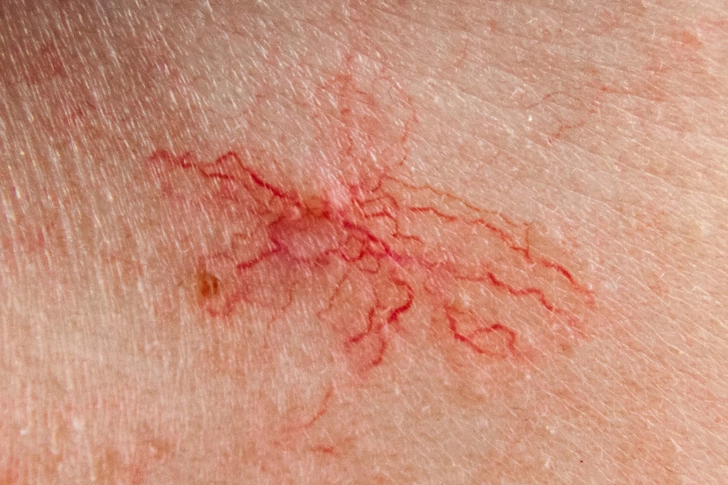
How to Treat Spider Angiomas With MASH
Usually harmless, spider angiomas are spider-like blood vessels just under the surface of your skin that may fade away. But with MASH, these small red or purple angiomas often need medical treatment before they'll go away. To treat spider angiomas, you can get:
- Laser therapy
- A chemical (sclerosant) shot to close up the angioma
See your doctor if you have more than three of them or if you'd like to have them removed.

How to Take Charge of Your Appetite Changes
As your MASH progresses, you might get nausea, loss of appetite, and unexpected weight loss. If your belly hurts with MASH, you may not feel hungry, but you can try to:
- Eat small, regular, healthy meals.
- Add fruits and vegetables.
- Exercise regularly.
- Avoid alcohol and sugary foods.
Tell your doctor if your nausea doesn't stop or if you lose a lot of weight.
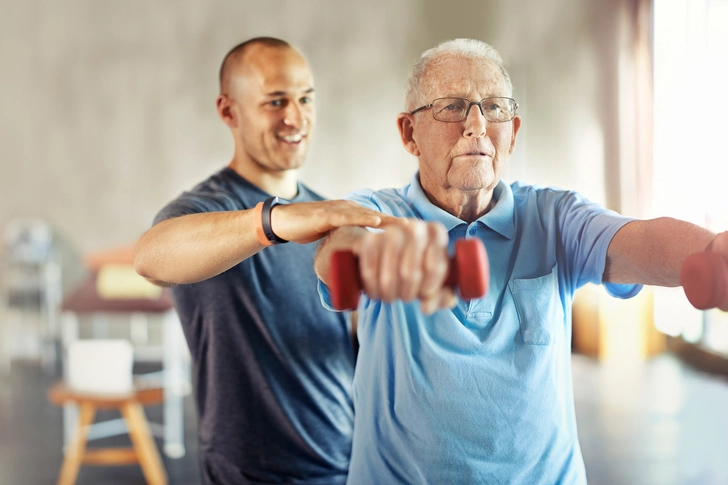
How to Combat Muscle Weakness
Chronic inflammation and insulin resistance with MASH can cause muscle loss – weaker muscles. Some people with MASH can get muscle loss over time (sarcopenia). But you can get stronger muscles and gain mass by:
- Resistance strength training with exercise bands or weights
- Eating a high-protein healthy diet
Tell your doctor about any muscle weakness, especially if it comes on suddenly, or if you've had falls.

Tips to Deal With Brain Fog
MASH can mean your liver isn't working well and toxins can remain in your body. You may get thinking (cognitive) issues like brain fog, fuzziness, or confusion. Your daily activities might be harder to do when you can't concentrate or remember things. But you can try to:
- Get plenty of sleep.
- Exercise at least 30 minutes every day.
- Take notes to remember.
- Set reminders so you don't forget.
- Take breaks throughout the day to de-stress.
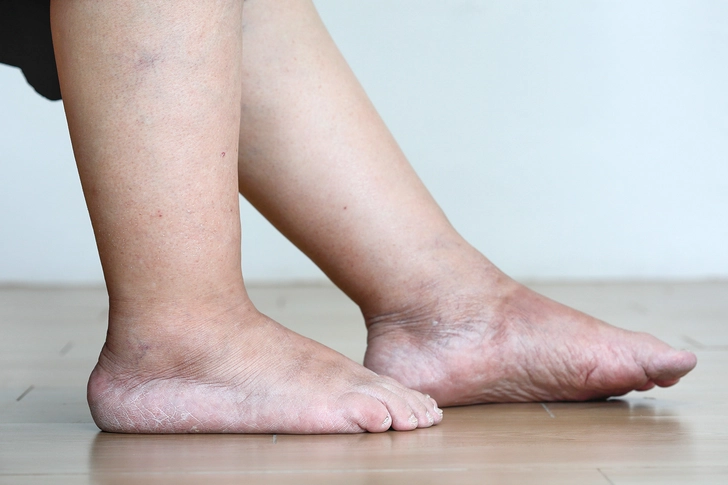
When to Call Your Doctor About MASH
Later-stage MASH can sometimes cause more serious symptoms and complications. Get medical help right away if you have:
- Blood in your vomit (It looks like coffee grounds.)
- Serious confusion
- Tremors or twitching
- Low amount of urine (pee)
- Swollen hands or feet
- Swelling in the belly (ascites)
- Shortness of breath

Keep Your Doctor in the Loop
You can take control of your MASH using your doctor's treatment plan to make key diet and exercise lifestyle changes. To prevent complications from MASH, let your doctor and care team know about:
- Any symptoms that are new or get worse
- New or worse belly pain
- Any new swelling in your legs or belly
Keep your doctor updated about your habits; they'll cheer you on as you tackle MASH together!
IMAGES PROVIDED BY:
- iStock/Getty Images
- iStock/Getty Images
- pimpampix/Shutterstock
- Grace Cary/Getty Images
- iStock/Getty Images
- iStock/Getty Images
- Hemera/Getty Images
- Yuri A/Shutterstock
- wavebreakmedia/Shutterstock
- iStock/Getty Images
- Westend61/Getty Images
SOURCES:
Grace L. Su, MD, FAASLD, president, American Association for the Study of Liver Diseases (AASLD), Pittsburgh.
American Liver Foundation: "Metabolic Dysfunction-Associated Steatohepatitis (MASH)," "MASLD and MASH* Symptoms."
Mayo Clinic: "Lifestyle do's and don'ts when managing MASLD, MASH and liver health," "Nonalcoholic fatty liver disease."
Cleveland Clinic: "Metabolic Dysfunction-Associated Steatohepatitis "Metabolic Dysfunction-Associated Steatohepatitis (MASH) ," "Fatigue," "Spider Angioma," "Sarcopenia," "Brain fog," "Liver Failure."
American Association of Clinical Endocrinology: "AACE Patient Guide to Metabolic Dysfunction-Associated Steatotic Liver Disease (MASLD) and Metabolic Dysfunction-Associated Steatohepatitis (MASH) ."
Stanford Medicine: "Metabolic Dysfunction-Associated Steatohepatitis (MASH)."
Johns Hopkins Medicine: "Nonalcoholic Fatty Liver Disease."
University of Michigan Health: "Metabolic Dysfunction-Associated Steatotic Liver Disease (MASLD) ."
Asian Nursing Research: "Effects of Heating Therapy on Pain, Anxiety, Physiologic Measures, and Satisfaction in Patients Undergoing Cystoscopy."
Cirrhosis Care: "Swelling in the legs, ankles, feet."
Clinical Liver Disease: "Management of ascites and volume overload in patients with cirrhosis."
Liver Fellow Network: "Scratching the Itch: Management of pruritus in cholestatic liver disease."
Clinical and Molecular Hepatology: "Interaction between sarcopenia and nonalcoholic fatty liver disease."
World Journal of Hepatology: "Sarcopenia and metabolic dysfunction associated with steatotic liver disease: Time to address both."
Journal of Advanced Research: "A narrative review about cognitive impairment in Metabolic Dysfunction-Associated Steatotic Liver Disease (MASLD): Another matter to face through a holistic approach."
The Lancet Gastroenterology and Hepatology: "The liver-brain axis in metabolic dysfunction-associated steatotic liver disease."
MyHealth Alberta: "Non-Alcoholic Fatty Liver Disease (NAFLD): Care Instructions."